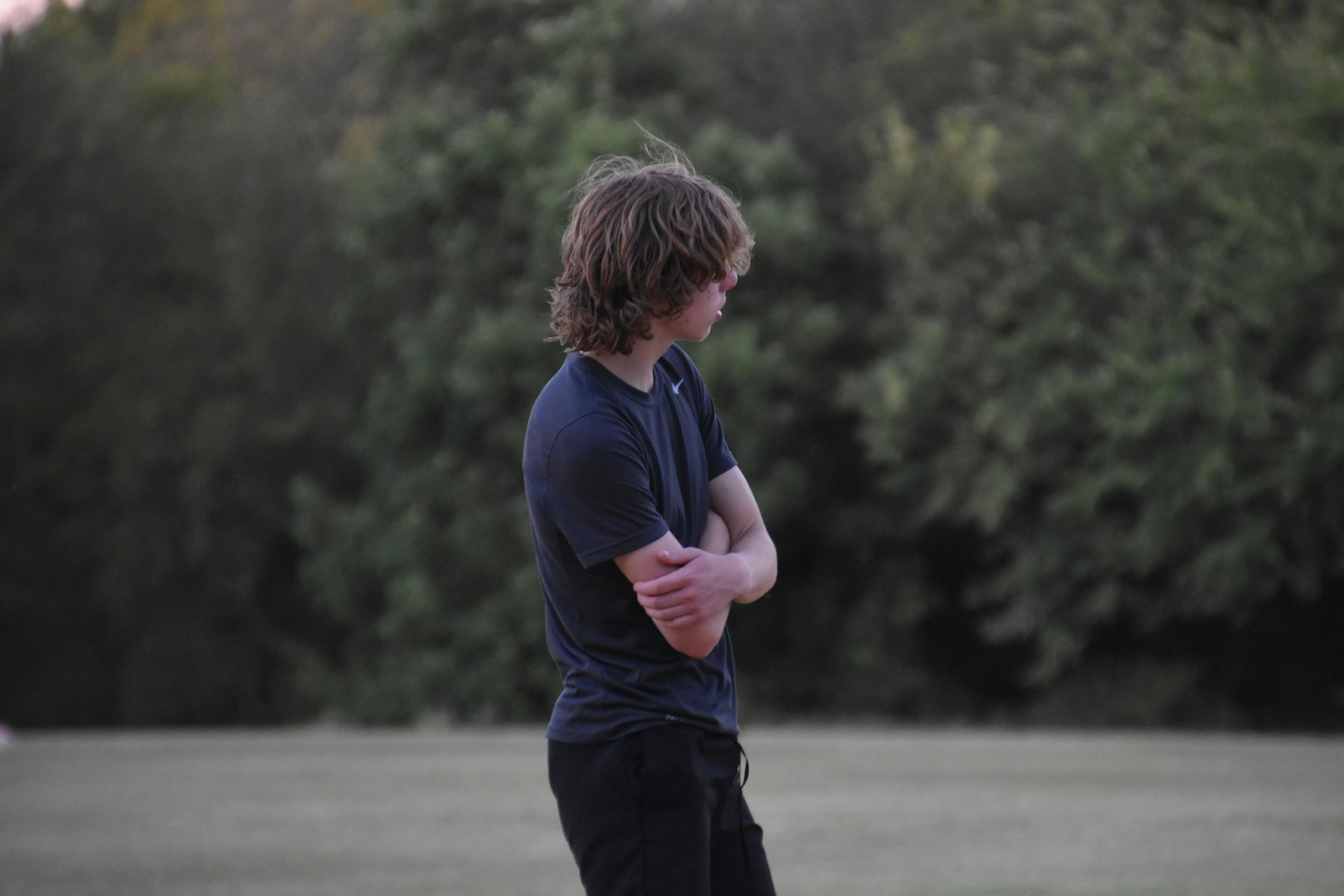Wondering how to stop procrastinating? Many of us obsess over the things we wish we could accomplish more effectively, frequently, or at all. We occasionally experience feelings of being stuck and unable to advance or move, or else we engage in procrastination.
 Paradoxically, it feels that looking into what maintains us in this state will simply add fuel to the fire. When this happens, we could feel scared, tense, apprehensive, or bewildered. In this situation, there is typically a feeling of overwhelm. As a result of the overpowering emotions, we experience more paralysis and become increasingly convinced that we are powerless to make the changes we want to see in our life.
Paradoxically, it feels that looking into what maintains us in this state will simply add fuel to the fire. When this happens, we could feel scared, tense, apprehensive, or bewildered. In this situation, there is typically a feeling of overwhelm. As a result of the overpowering emotions, we experience more paralysis and become increasingly convinced that we are powerless to make the changes we want to see in our life.
This procedure prompts the query: How do we stop postponing things? Each of us may have occasionally felt uncomfortable due to sporadic procrastination, but some people constantly struggle with the cycle of overload and procrastination when it comes to the majority of their goals and deadlines. When repeated, it may also start to feel exhausting to pursue our goals and embark on tasks, even if they are necessary.
Remember that procrastination is a symptom of a more significant underlying issue. It is crucial to examine the root cause of procrastination to address it. Being overburdened frequently manifests as procrastination.
In other words, it could feel impossible to move forward with those responsibilities if we are feeling overwhelmed by what might be expected of us. We need methods for preventing overwhelm to facilitate avoiding procrastination. At Plano Christian Counseling, our compassionate Christian counselors can help you understand the root causes of procrastination and develop faith-based strategies to overcome it.
Fear can drive procrastination.
 One reason we can feel scared by our responsibilities or what they might entail is that we are overburdened with our ambitions and objectives. Sometimes we may feel that the task is too difficult or that the stakes are too high. This may cause us to become numb or hide from the activity.
One reason we can feel scared by our responsibilities or what they might entail is that we are overburdened with our ambitions and objectives. Sometimes we may feel that the task is too difficult or that the stakes are too high. This may cause us to become numb or hide from the activity.
We may even become fixated on it at times – even impatient – while remaining unable to do anything about it. From this point forward, as the deadline draws near, we can discover that we are becoming more and more entrenched in anxiety, fear, overwhelm, and inaction.
The remedy is to divide the task into much more manageable pieces. It might become more and more challenging to pay attention to the smallest components of a work or activity as we get more and more overloaded.
Stacking too many components of the same work together often results in overwhelm. Breaking down jobs so that you can see the apparent things you can do that are right in front of you can be helpful.
Finding a part of the activity to break down in this way can be made easier by using mindfulness techniques and coping mechanisms. By doing this, we start to shift our mindset away from the immobilized and shut-down state that the overwhelmed feelings had caused. Additionally, we start to prove to ourselves that we can move on; even though we are not yet finished, we have started.
Stuck in analysis?
One of our greatest gifts may be our ability to think critically. It can foster depth and elicit profound realizations. It encourages introspection, which can result in profound self-awareness and fruitful outcomes throughout a lifetime.
However, even a good characteristic can be applied improperly and, when it does, work against us. When we think about how we typically analyze, we can discover that this is true even in this case. It might be draining to obsess over a single subject and give it a lot of thought.
Confusion and unbalance could result from doing so. Because it might cause us to lose sight of reality and draw us away from what is, excessive analyzing has been associated with worry.
Analytical people need to strike a balance between acknowledging propensities for analysis and raising awareness of when this could be counterproductive. Our ability to thrive is hampered when our mind is racing, frenzied with stories built on conjecture rather than reality. Like this, when we are mired in pessimistic thinking, our mind is working against us rather than for us.
How to Stop Procrastinating
How therefore can we regain more control to feel more at ease inside when we do find ourselves entrapped in our minds? When trying to find a means to ground oneself and regain equilibrium, the following techniques may be useful.
Center on facts to avoid procrastination.
 Many of us develop the habit of acting on assumptions rather than facts, which leads to a distorted perception of reality. Assumptions are not founded in facts, but rather on our own (often imaginative) narratives of what we believe to be true. In other words, for better or worse, our beliefs and experiences shape how we make assumptions.
Many of us develop the habit of acting on assumptions rather than facts, which leads to a distorted perception of reality. Assumptions are not founded in facts, but rather on our own (often imaginative) narratives of what we believe to be true. In other words, for better or worse, our beliefs and experiences shape how we make assumptions.
The analytical mind can be significantly grounded by a brief but regular check-in. Consider whether your feelings and responses are driven by actual events or by your interpretation of what is happening. We will probably find it simpler to become grounded if we develop the practice of separating the facts from our own stories.
Look to nature.
The advantages of living among natural elements are undisputed. We may pick up many lessons from nature. A wave does not have to try to break, a tree does not have to try to grow, and a flower does not have to try to bloom. Nature simply is. Its cycle, which has a natural flow, is unforced. Even if all of that may seem simple, humans tend to become preoccupied with trying to solve problems.
But nature serves as a wonderful reminder to let things happen naturally and let go of the impulse to exert control. We might discover that this process can be carried out more quickly and naturally after we learn to let our current emotional status or scenario cycle through without our extra force.
Connect to your body.
 It’s crucial to re-discover and preserve our connection to our bodies. We cannot refuse our physical bodies the necessary mobility if we want to achieve greater overall equilibrium. To keep the mind-body connection open and thriving, we all need to exercise our bodies and use our physical being in whichever way works best for us. It’s crucial (for those of us who can) to move to figure out what kind of physical movement precisely allows us to re-establish contact with our bodies.
It’s crucial to re-discover and preserve our connection to our bodies. We cannot refuse our physical bodies the necessary mobility if we want to achieve greater overall equilibrium. To keep the mind-body connection open and thriving, we all need to exercise our bodies and use our physical being in whichever way works best for us. It’s crucial (for those of us who can) to move to figure out what kind of physical movement precisely allows us to re-establish contact with our bodies.
It’s crucial to discover the movement style that best suits you. It ought to be entertaining, and it might be. You probably haven’t found the correct kind of activity or exercise if moving around makes you feel miserable or drains you. Keep trying because your ideal type of exercise is out there. When it is possible, physical activity is a crucial part of overall well-being.
Practice being present to avoid procrastination.
We need to let go of our thoughts and connect to the present moment with our hearts. Deep breathing, awareness of the air entering and leaving our mouths, attention on the present, and being present in our five senses are all ways we might do this.
Do your best to immerse yourself in your experience as you go about your day. Focus on the conversation you’re having by listening intently while looking the other person in the eye. Allow the music to which you are listening to captivate you. Eat slowly and enjoy every bite. Take a moment to listen to and feel the sounds around you. Take a deep breath and immerse yourself in what is occurring now.
We might discover that when we stop thinking about the past and the future, we are better able to center ourselves in the present and pay attention to what is going on right now.
By putting your attention back on what you enjoy, this advice might help you lessen the stress in your life and stop procrastinating. However, if you need further help beyond this article, contact us and get assistance from a counselor at Plano Christin Counseling.
“Naptime”, Courtesy of Adrian Swancar, Unsplash.com, CC0 License; “Home Office”, Courtesy of Jane Palash, Unsplash.com, CC0 License; “Distracted”, Courtesy of Magnet.me, Unsplash.com, CC0 License; “Junk Food Before Workout”, Courtesy of Greg Rosenke, Unsplash.com, CC0 License
-
Kate Motaung: Curator
Kate Motaung is the Senior Writer, Editor, and Content Manager for a multi-state company. She is the author of several books including Letters to Grief, 101 Prayers for Comfort in Difficult Times, and A Place to Land: A Story of Longing and Belonging...
DISCLAIMER: THIS ARTICLE DOES NOT PROVIDE MEDICAL ADVICE
Articles are intended for informational purposes only and do not constitute medical advice; the content is not intended to be a substitute for professional medical advice, diagnosis, or treatment. All opinions expressed by authors and quoted sources are their own and do not necessarily reflect the opinions of the editors, publishers or editorial boards of Stone Oak Christian Counseling. This website does not recommend or endorse any specific tests, physicians, products, procedures, opinions, or other information that may be mentioned on the Site. Reliance on any information provided by this website is solely at your own risk.





